What Does CDMA Stand For?
CDMA stands for Code-Division Multiple Access. The term refers to a type of radio system that is used in some 3G cellular communications. In the coming years, 3G communication will be discontinued entirely. This is because 3G communication is being replaced by 4G and LTE communication.
At Alarm Grid, the majority of cellular communicators that we offer connect with either the Verizon network or the AT&T network. Both Verizon and AT&T have a 3G cellular network. However, only Verizon's 3G network uses CDMA. The AT&T 3G network uses another type of technology called GSM (Global System for Mobile Communications). Therefore, when you see the term "CDMA" in the name of a cellular communicator, it usually means that the communicator is a 3G communicator that connects to the Verizon cellular network. Alarm Grid maintains a page exclusively for Verizon CDMA cellular communicators.
In most cases, we advise users to not install a CDMA communicator if possible. This is because Verizon plans on discontinuing their 3G CDMA service within the next few years. While a CDMA communicator might work fine in the short term, it is a very poor long term investment. This is especially true for users who are supporting an alarm system that they hope to continue to use for many years. It makes much more sense to put in a 4G or an LTE communicator that will be supported by the cellular service provider well into the future. A 4G or LTE communicator will also send faster outbound signals, both to the central station and to an interactive service platform like Total Connect or Alarm.com. This can greatly improve the usability of the system, especially for controlling Z-Wave devices and conducting remote arms and disarms for the system.
However, there are some situations in which a CDMA communicator is still the best option. One example if a cellular communicator is needed for a Honeywell Lyric Controller. For this system, we would typically recommend using a Honeywell LYRICLTE-A Communicator. This cellular communicator connects with the AT&T LTE network. However, if the user happens to live in an area where AT&T service is unavailable, then they would have to go with the Honeywell Lyric-CDMA communicator instead. This is because Verizon does not currently offer an LTE communicator for the Lyric Controller. However, Verizon has said that they will release an LTE communicator for the Lyric in the near future.

Did you find this answer useful?
We offer alarm monitoring as low as $10 / month
Click Here to Learn MoreRelated Products
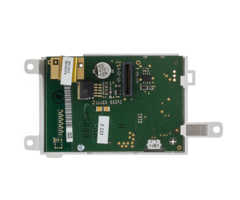
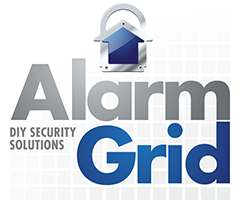
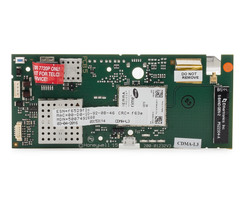
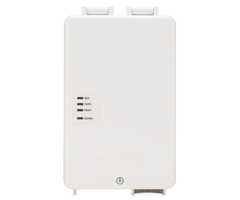
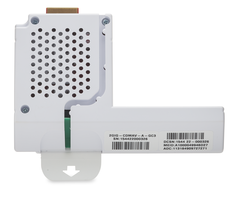

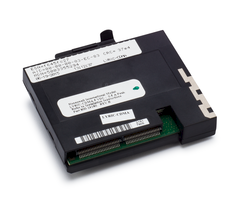

Related Categories
- Answered
